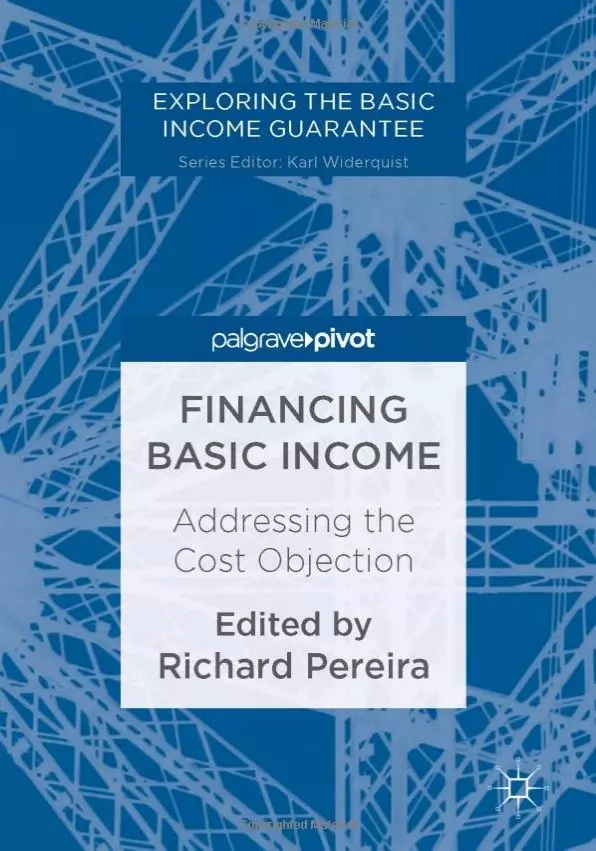Financing Basic Income: Addressing the Cost Objection
Making basic income affordable?
Advocates of basic income have long faced the challenge of its affordability. Either the income proposed is too low to be meaningful, or too high to be affordable. Richard Pereira, Albert Jörimann, and Gary Flomenhoft seek to resolve this dilemma by demonstrating the affordability of substantial basic income proposals in Canada, Switzerland, and Australia.
A generous basic income scheme for Canada will cost between $350bn and $418bn. Savings of $132bn on displaced current welfare programmes yields a net cost of up to $286bn.
Pereira proposes funding this by:
1 savings from other welfare programmes, tax shelters and taxing basic income itself of $210bn
2 recouping tax evasion and avoidance of $40bn
3 reduced welfare bureaucracy costs, which he doesn’t cost
4 green taxes of $82bn
adding to at least $332bn, thus easily funding the $286bn cost of basic income, without raising income taxes, or reducing public sector programmes such as health.
Jörimann states that meaningful basic income schemes will cost about a third of GDP for countries like France and Germany, costing CHF209bn for Switzerland. He proposes to fund this from CHF68bn savings from welfare benefits displaced by basic income, and CNF111bn from average income earners oddly repaying the basic income they receive through a ‘clearing scheme’, leaving CHF30bn to be funded from 5% increases in both VAT and income taxes. Jörimann admits that this may well not be politically feasible, meaning that in fact he has not succeeded in demonstrating the affordability of basic income.
Flomenhoft attaches values to public resources of land, water, utilities, airports, taxi licences, etc and then applies a tax rate to each value to generate an economic rent tax of $289bn to fund basic income. However, he does not show how these taxes would flow in terms of profit or income, from which they would ultimately be paid.
Pereira therefore comes closest to demonstrating the affordability of substantial basic income in rough cut analysis. There are however substantial caveats to his analysis. Taking $332bn in tax increases and welfare cuts out of the economy, whilst injecting $286bn basic income, means a net $46bn withdrawal from the economy with major macroeconomic deflationary effect. Pereira would need to analyse winners and losers between the basic income scheme and the welfare schemes it displaces to evaluate its impact on equality. $128bn of green tax and tax evasion recoupment are available to any scheme, and are not uniquely available to a basic income scheme. Only displaced welfare benefits and reduced bureaucratic costs accrue to the basic income scheme itself.
All 3 authors work implicitly within the confines of financial orthodoxy and balanced budgets. The more radical assumption of heterodox economics expressed in Modern Monetary Theory is that basic income can be deficit financed. Jörimann specifically excludes this, writing ‘printing money is not an option at this stage’ (p58). I disagree. Deficit financing of basic income is necessary, sustainable and inevitable. I therefore agree that substantial basic income schemes are rendered affordable, but fundamentally by output GDP.
Geoff Crocker 2018

